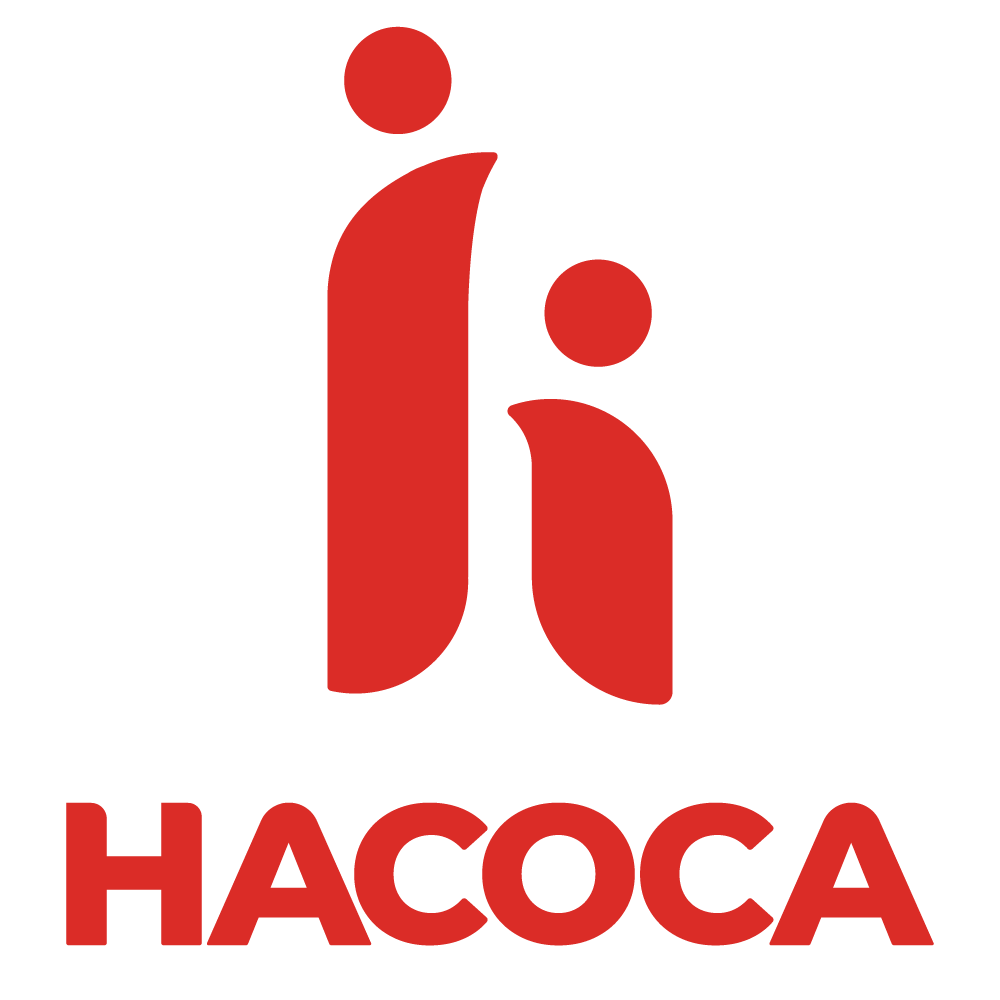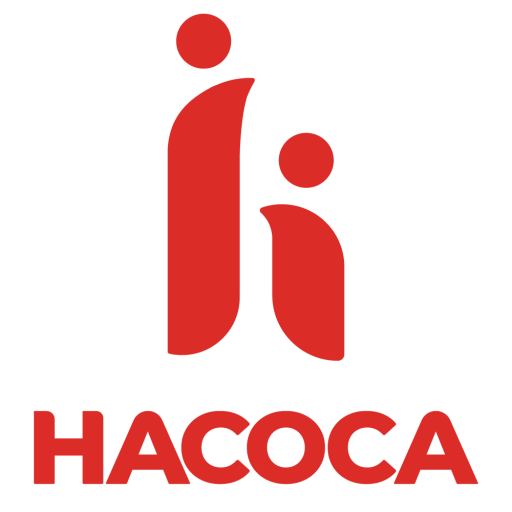HACOCA views children’s education as a fundamental pillar for development. In its 2019-2023 strategic plan, the organization committed to encouraging communities to prioritize children’s education by addressing social barriers. All educational interventions aim to overcome the social challenges that prevent children from accessing primary and secondary education. HACOCA employs a modified ecological model to outline the necessary levels and types of interventions for various stakeholders.ents programs aimed at promoting sexual and reproductive health, as well as combating HIV/AIDS, TB, and malaria among women, children, youth, and other high-risk populations. Guided by our strategic plan, the following interventions are currently being executed through various projects and programs.
Our education programmes are centred arround:

